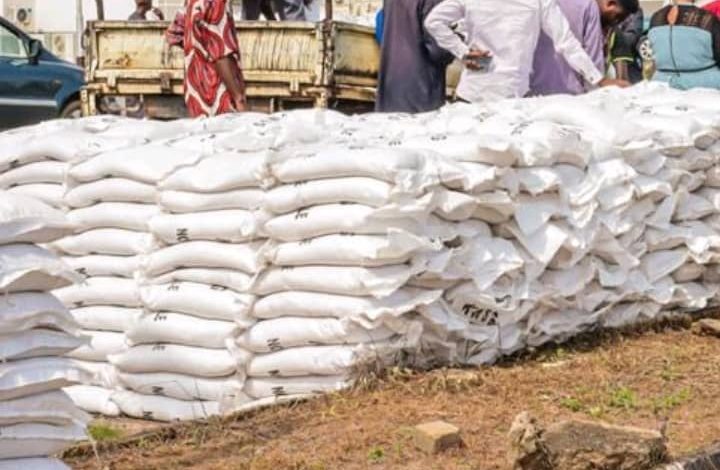
By Tony Okafor
The federal government’s recent distribution of 5,000 10-kg bags of rice to Awka residents in Anambra State, facilitated by the Ministry of Women’s Affairs, has garnered mixed reactions.
While the intention may be benevolent, this “helicopter economics” approach merely scratches the surface of Nigeria’s deeper issues.
Helicopter Economics, coined by economist Milton Friedman in 1969, describes a hypothetical scenario where a helicopter drops money or resources from the sky, providing temporary relief to individuals.
Sharing food provides temporary relief but does not address poverty, inequality, and economic stagnation in the medium or long term.
It fosters dependency, neglects systemic issues, and diverts resources from impactful initiatives.
Helicopter economics lacks long-term impact, failing to stimulate economic growth, improve livelihoods, or reduce poverty.
To truly make a difference, the federal government should create an enabling environment that supports the growth and survival of small and medium enterprises by addressing the ease of doing business.
This includes prioritizing job creation and skills development programmes, investing in agriculture, infrastructure, and industry.
Policy reforms are also crucial to reverse rising inflation, high petroleum product costs, and electricity expenses that hinder businesses.
Instead of just sharing food, the federal government should focus on securing the nation’s forests and farmlands by clearing out criminal elements.
This will enable citizens to safely engage in agricultural activities.
The hasty removal of petroleum subsidies requires urgent review, and the practice of regular pump price fixing should be discouraged in favoir of a market-driven system that promotes competitive pricing.
Additionally, prioritizing entrepreneurship, innovation, and private sector growth will stimulate economic development and ensure a sustainable energy sector.
Increased funding for agriculture, education, and healthcare is essential, along with effective implementation of existing social investment programmes and collaboration with state and local governments.
The federal government must recognize that sharing rice is merely symbolic and should not be elevated to state policy.
We need comprehensive, sustainable strategies to tackle poverty and hunger. It’s time to shift from “helicopter economics” to meaningful solutions.
We urge the federal government to review its social intervention programmes, engage stakeholders, experts, and citizens in policy formulation, and prioritize evidence-based solutions.
Only then can we break the cycle of poverty and build a prosperous, self-reliant nation.



